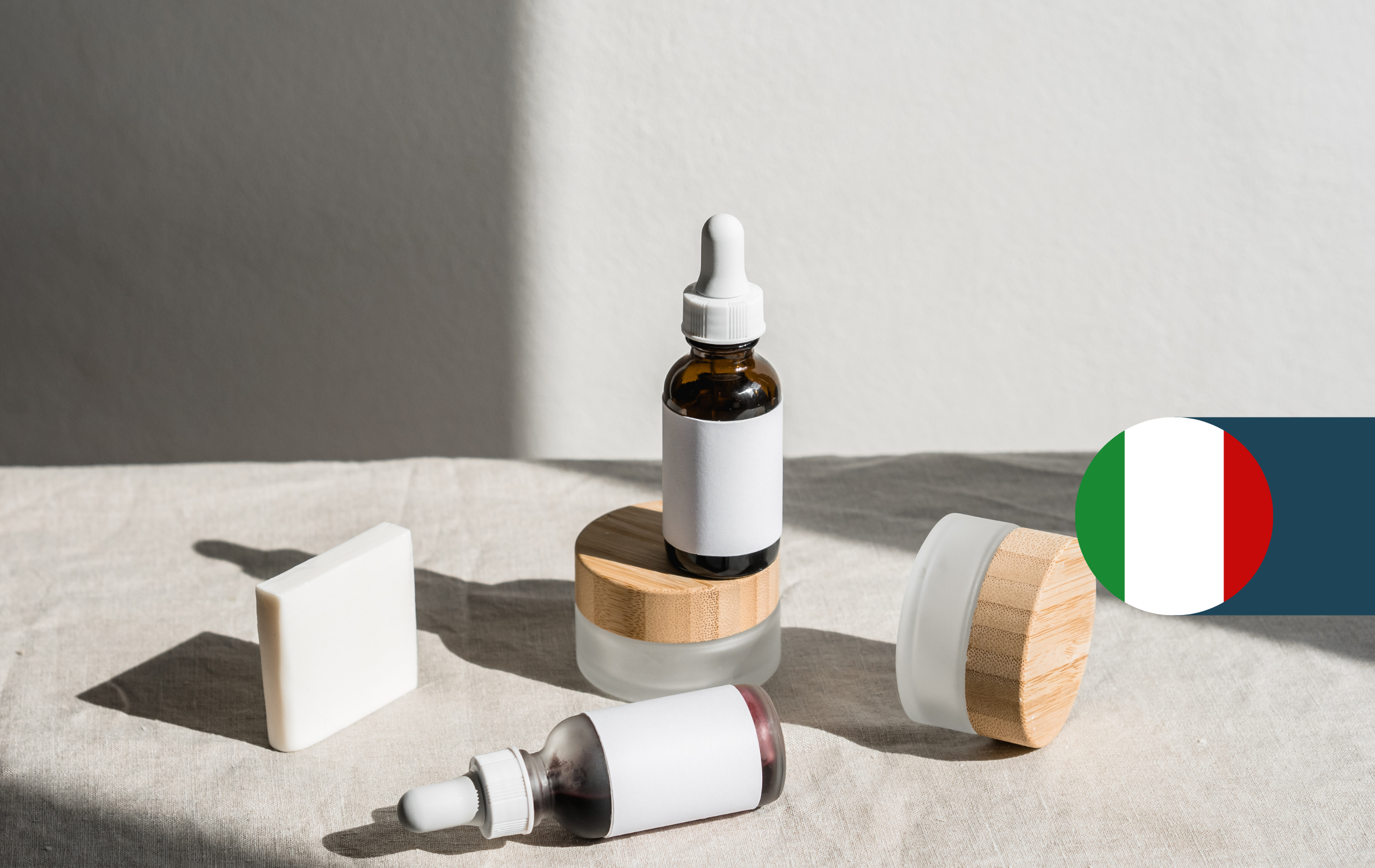October 20, 2022 – In Italy, in 2013, the EU Cosmetics Regulation (No. 1223/2009) replaced the previous law on cosmetic products (Law No 713 of October 11, 1986) and is now fully applicable.
Furthermore, on September 27, 2018, the Italian Ministry of Health issued the Ministerial Decree on the in-market control procedures for cosmetic products. The Act provides further details about the marketing of cosmetic products in Italy, particularly about labels’ translations.
Mandatory labelling requirements
In line with the EU Cosmetics Regulation, the Ministerial Decree provides that the following labelling elements of a cosmetic product shall be in Italian:
- Nominal content;
- Expiry date or period after opening;
- Precautions for use;
- Product’s function.
Moreover, the law clarifies that if there are several languages on the label, the Italian language should not be of a smaller size, and the translation must be faithful to the original.
However, the Italian authority confirmed that all the labelling must be translated. Therefore, we highly recommend consulting with your local importer about compliance with the national provisions.
Environmental labelling requirements
In addition to the above, in Italy, some rules about labelling requirements related to the environment exist. The Legislative Decree 116/2020 of September 3, 2020, provides that packaging must include the following:
- Instructions for disposal, according to the municipality regulations. Products for professionals do not need to bear this information.
- Information about the packaging material using the codes established in Commission Decision 97/129/EC. The manufacturer can use UNI standards developed by the Ente Nazionale Italiano di Unificazione if there are no codes in the Commission Decision.
As of January 1, 2022, new products must meet above requirements. Conversely, products already in the market or labelled before January 1, 2022, can be sold until stocks are exhausted.
Sanitary Certificate
A Nulla Osta Sanitario (NOS), namely Sanitary Certificate, is an essential requirement to place cosmetic products in Italy and can be requested by an importer or a legal representative.
In order to protect public health, the Italian custom authority inspects goods of sanitary interest imported from non-EU countries. The inspection concerns the products and their accompanying documentation. The surveillance activity ends with the final issue of a NOS or with a measure of non-admission to import in the event of failure to pass the controls.
That procedure applies to cosmetic products but also to medical devices, and goods for human consumption or in contact with food.
Do you require a Sanitary Certificate? Contact Obelis today.
Do you want to know more about environmental labelling requirements? Check our 25-minute webinar “New EU requirements for cosmetics – Special focus on environmental aspects”.



Leave a Reply